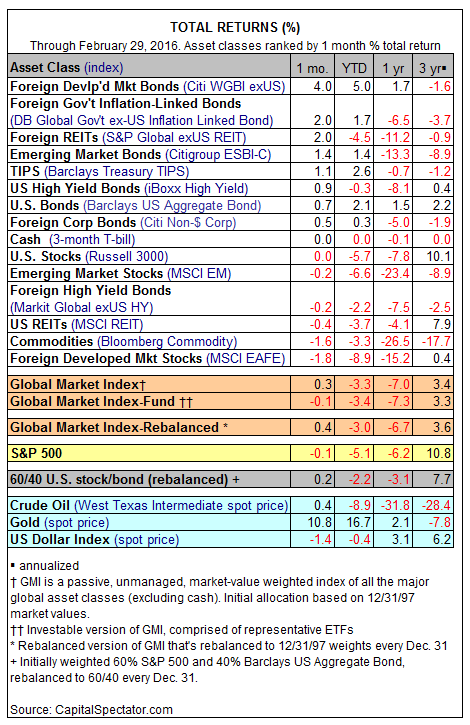It looks like you're new here. If you want to get involved, click one of these buttons!

What charts are you looking at? It's not a close call or a fair fight with the issues you mentioned...I guess a case MIGHT be made for JNJ in terms of the ride, but its avg return for the past 15 years is 6.8%. SHW is 18%. I'm really not sure what you're looking at. You mention 1972, that's a long time ago. I assume you realize that SHW split 4 times since 1981; 1 share bought then for $35 now equals 32 shares at $281. You'll look a long time for something better than that coupled with a max draw down for the past 15 years of under 8%. As to the future, gun to head to pick one place to put my money for the next 15, SHW may be it. They're going to sell a lot of paint in China and the ROW. And I say all of this having nothing currently invested in the stock, regrettably. That will change at the next opportunity.Ain't hindsight something.
As for stabler, B is smoother since 1972, sort of, as are PG and JNJ. With a log scale (M*) it's less easy to detect smoothness and the opposite, of course.
SHW has had this remarkable rise the last six years, so there is that. Do you think in a greener world going forward that this will continue? Is that how you yourself are betting?
We both started on 2/12. This may surprise you. I hold 4 junk funds - my largest is PYHRX (doesn't accumulate daily) PHYDX, EIHIX ( I said never again a fee fund but) and JAHYX (not banned there in my taxable. You will notice no MWHYX. It's action last Tuesday was enough for me. A fun ride let's hope we don't have to cut and run and oil behaves itself.@Junkster It looks like everybody is jumping ship on Treasuries today and buying junk. Did you start this?



© 2015 Mutual Fund Observer. All rights reserved.
© 2015 Mutual Fund Observer. All rights reserved. Powered by Vanilla